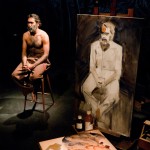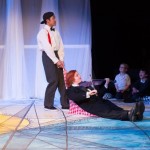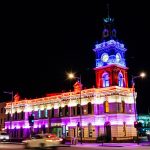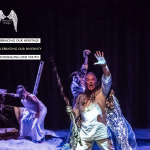Theatre of Realism
Theatre of realism is a deeply exacting style of performance that draws on the ‘significant detail’ of everyday life to highlight the challenges of seeking the truth about causes of injustice.

Billy the Girl
Katie Hims' Billy the Girl presents superbly drawn characters, faced with the paradox of living ordinary lives through times of big change. Direction, design and sensitive portrayals of difficult characters combine in a moving story of about starting again.
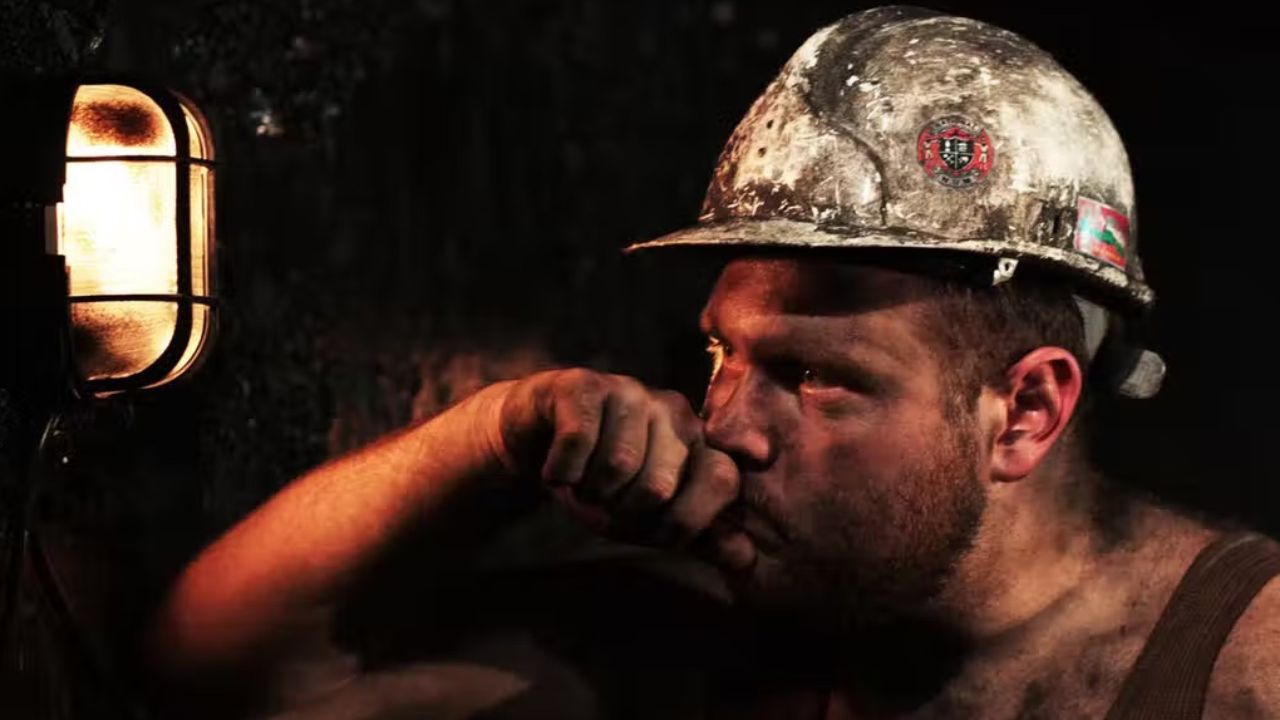
Land of Our Fathers
Engaging from the outset, the play hits the audience with a mining disaster only seconds after an explosion that traps six miners. The fact that it is 1979 adds even greater tension.
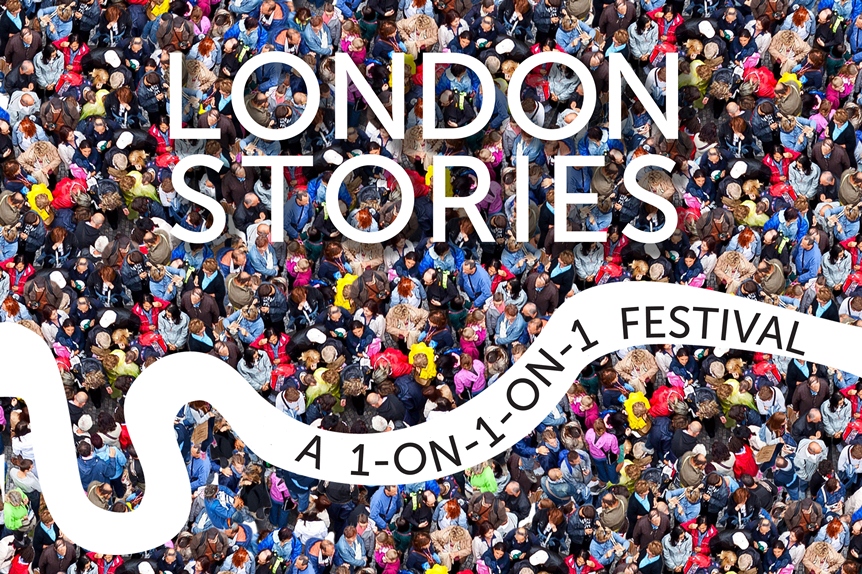
London Stories
Battersea Arts Centre's London Stories: A 1-on-1-on-1 Festival is uniquely positioned to become a most powerful form of participatory theatre. The idea is simple: begin with a sprawling building, like old municipal offices; invite in local people who feel they have life-changing experiences to tell about living their messy, complicated lives (that's pretty much all of us), and organise ushers and staff to direct the moving traffic of paying audience members from story to story around the building.
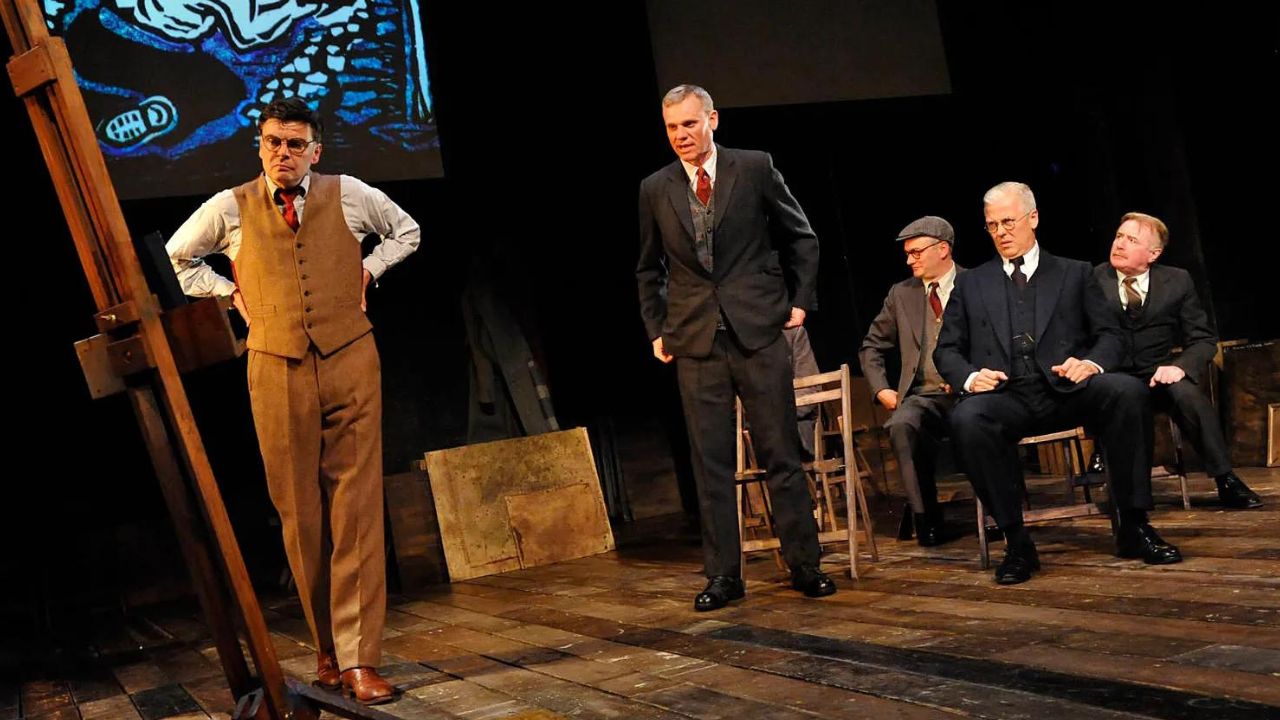
The Pitman Painters
The popularity of Lee Hall's The Pitman Painters is evident from its sell-out seasons at the National Theatre, on Broadway and in the West End. Arguably, such success must make Hall's play one of the past decade's most significant English dramas to engage contemporary audiences in re-looking at "class warfare" in post-WW2 British culture.

Forget Me Not
Why World War I poets are revered in English Literature while World War II poet Keith Douglas is largely forgotten poses an interesting question about our cultural values. A promising idea, however, is left unrealised in Shane Burke’s Forget Me Not. At the Tea House Theatre.
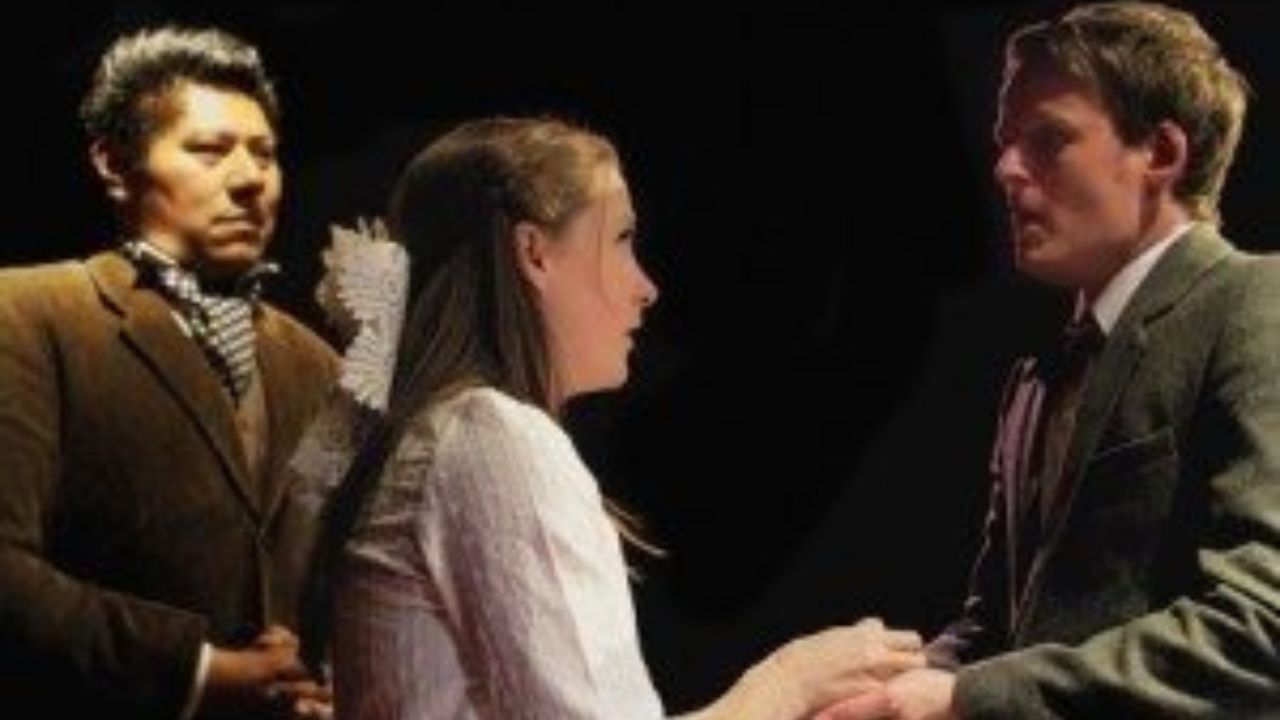
Our Town at the King’s Head Theatre
"Did you know that Our Town is the most performed play in the world after Shakespeare, with a performance of the play running every night in the United States since its premiere in 1938? Over 300,000 performances!" Artistic Director Adam Spreadbury-Maher, at the opening of King's Head Theatre's 75th Anniversary Production of Wilder's Our Town.

The Great Gatsby
Joe Evan’s music & lyrics and Linnie Reedman’s adaptation of F Scott Fitzgerald’s The Great Gatsby’s nostalgic view of America between the wars glistens and sparkles with a destructive glory. The tragic love story of rich girl and poor hero works around powerful themes: loyalty and love, faithfulness and betrayal combines with the individual’s pursuit of the American dream for happiness and economic success. The music is dynamic and story is coherently presented beginning from the moment when the pretty socialite, Daisy, and heroic soldier, Jay Gatsby, are separated by war and circumstances.
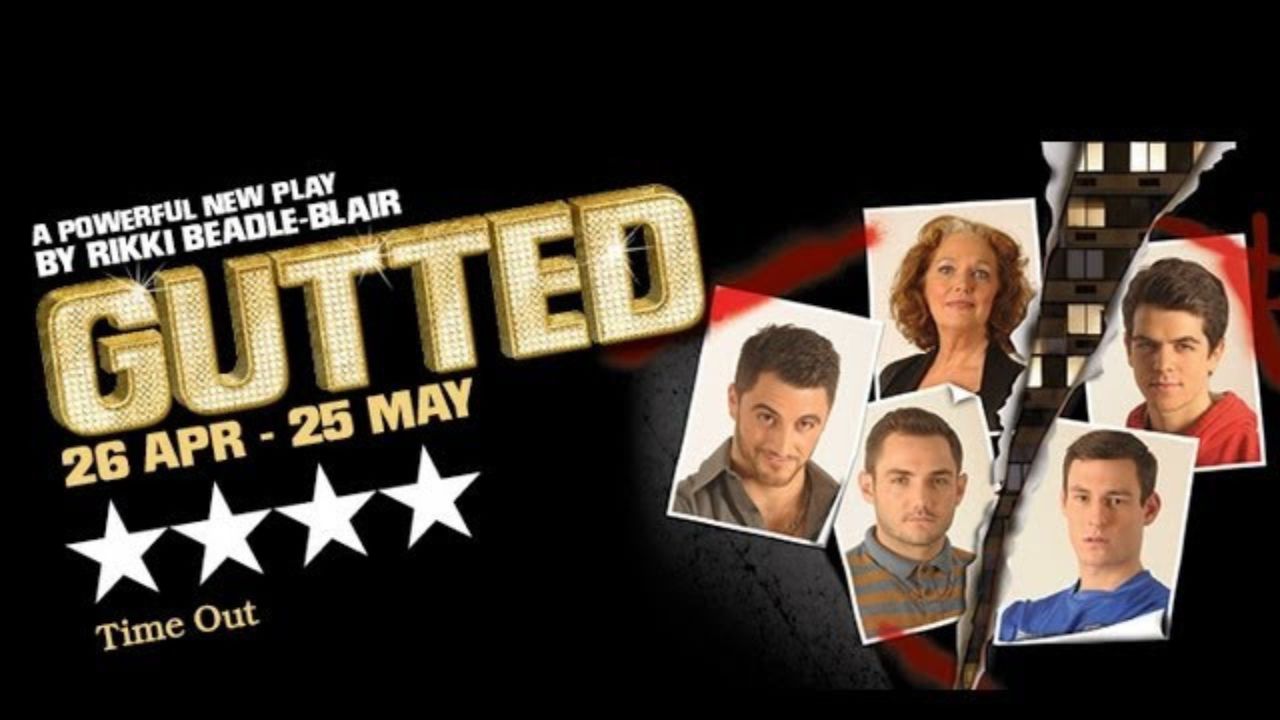
Gutted
The story around the Prospect boys shows the everyday happenings in their lives: it begins with Matthew, a professional footballer, in a rehab clinic. As the family assemble in the hospital reception area to pick him up and bring him home, where they’ve organised a ‘welcome home’ party, the story moves between the present and the past to reveal to the audience the events which lead to this point.
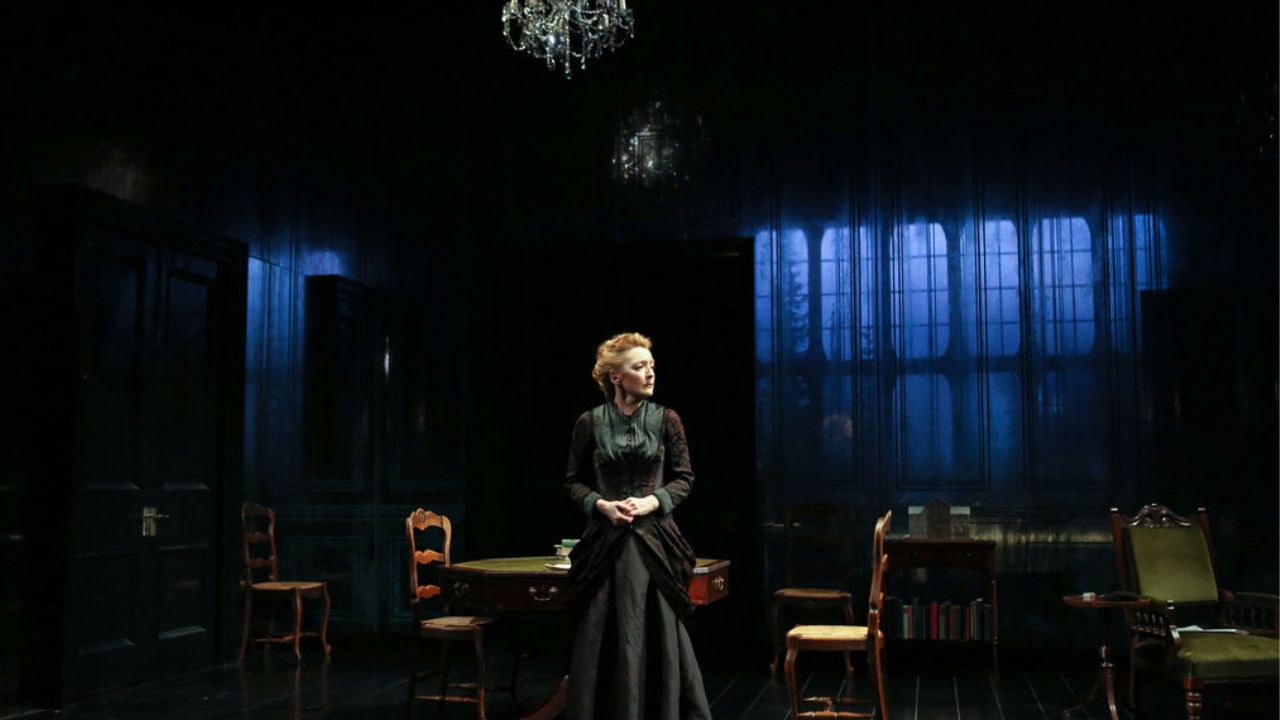
Ghosts
Firstly, Enoch’s adaptation of the play’s original setting of the “landscape of a fjord” to Scotland’s Orkney Islands, seems to allow director, Anna Fox, to retain Ibsen’s highly dramatic intention to create the effect of a misty backdrop out of which the actors step onto stage: either into the main setting of the conservatory in the Alving house or in what appear to be shadowy, secretive places around it.
The Death of Norman Tortilla
The Death of Norman Tortilla Genre: Drama Venue: Tristan Bates Theatre !a Tower St, Covent Garden, London, WC2H 9NP ...
